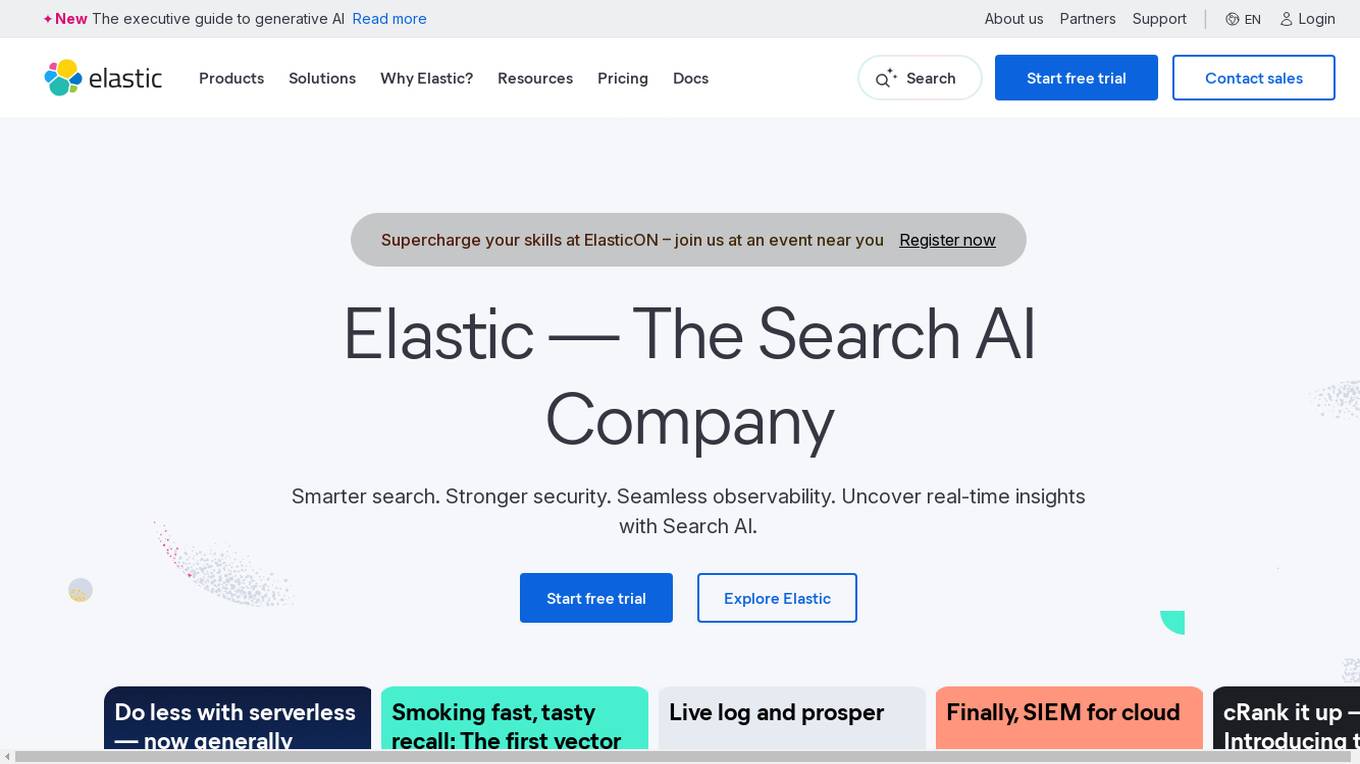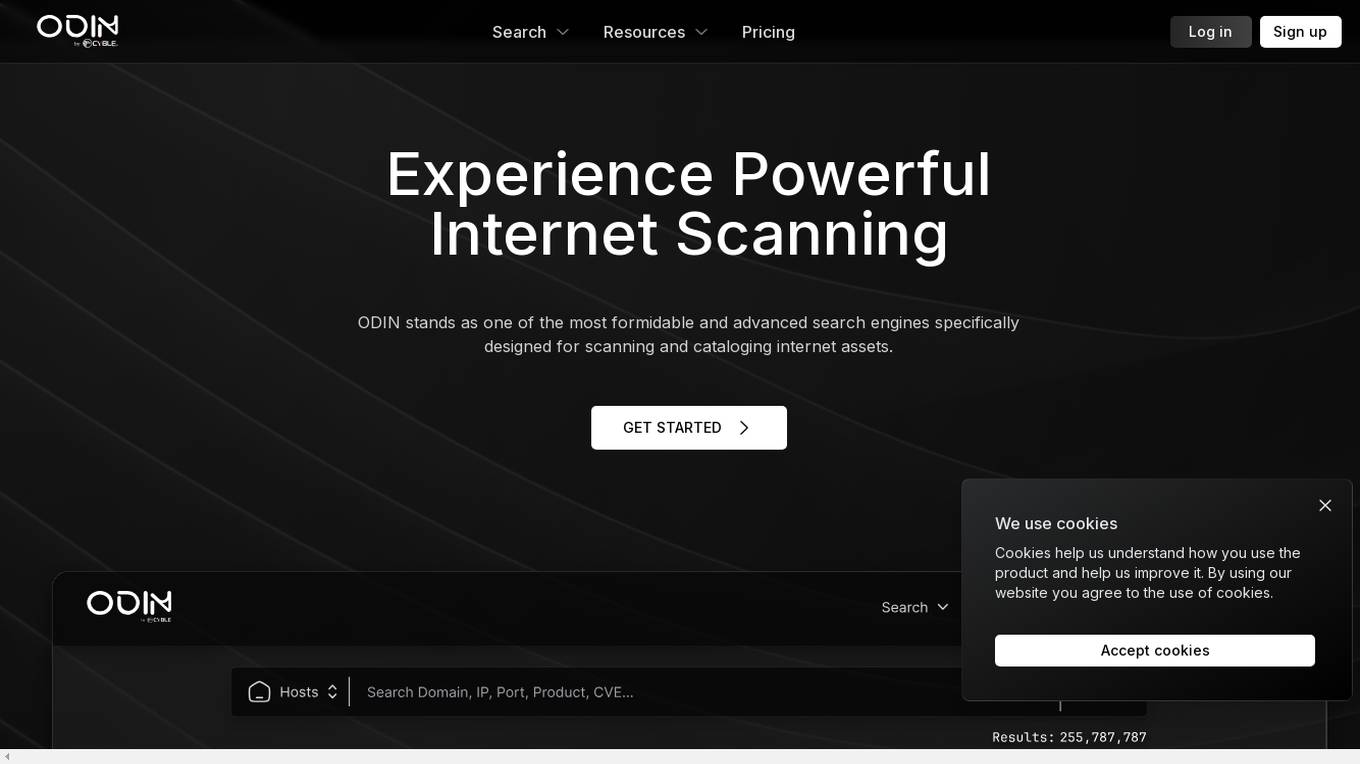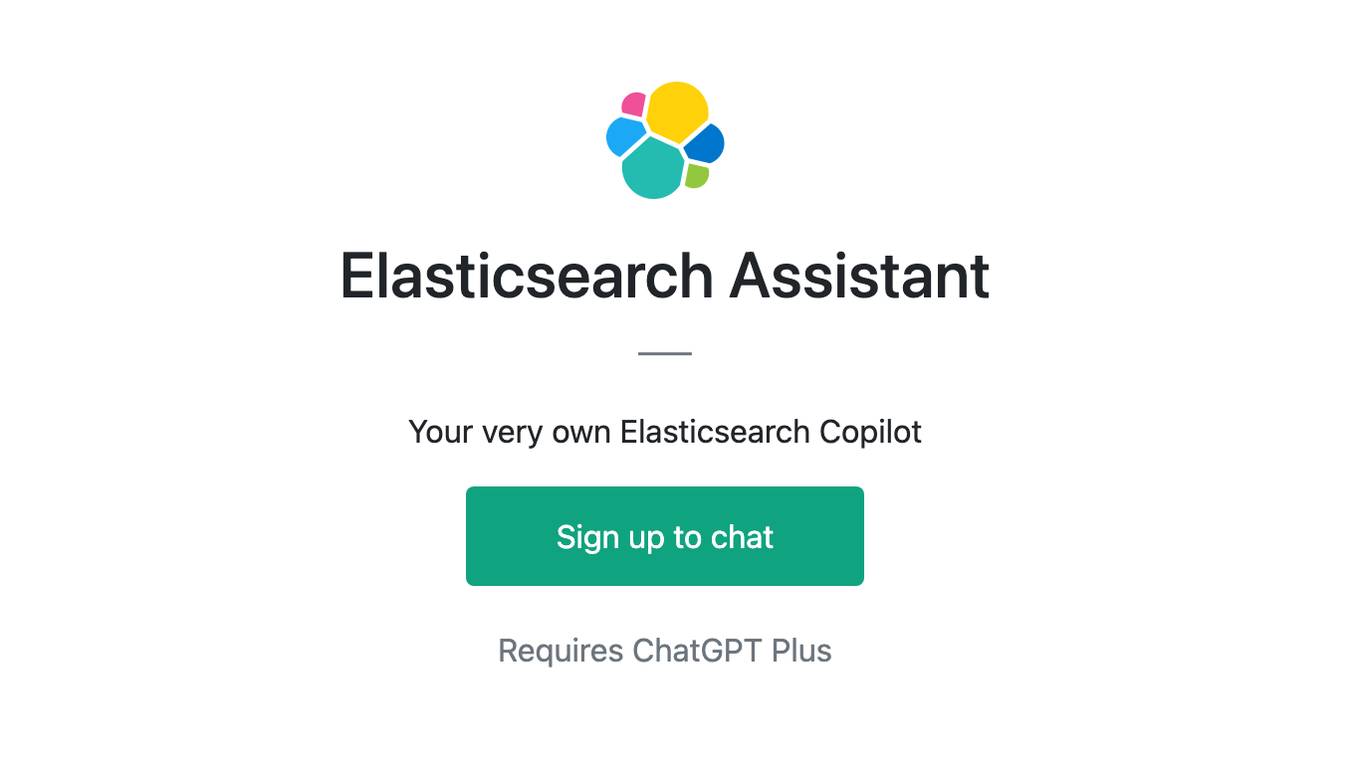Best AI tools for< Elasticsearch Engineer >
Infographic
4 - AI tool Sites

Pulse
Pulse is a world-class expert support tool for BigData stacks, specifically focusing on ensuring the stability and performance of Elasticsearch and OpenSearch clusters. It offers early issue detection, AI-generated insights, and expert support to optimize performance, reduce costs, and align with user needs. Pulse leverages AI for issue detection and root-cause analysis, complemented by real human expertise, making it a strategic ally in search cluster management.

Pongo
Pongo is an AI-powered tool that helps reduce hallucinations in Large Language Models (LLMs) by up to 80%. It utilizes multiple state-of-the-art semantic similarity models and a proprietary ranking algorithm to ensure accurate and relevant search results. Pongo integrates seamlessly with existing pipelines, whether using a vector database or Elasticsearch, and processes top search results to deliver refined and reliable information. Its distributed architecture ensures consistent latency, handling a wide range of requests without compromising speed. Pongo prioritizes data security, operating at runtime with zero data retention and no data leaving its secure AWS VPC.

Elastic
Elastic is a Search AI Company that offers a platform for building tailored experiences, search and analytics, data ingestion, visualization, and generative AI solutions. The company provides services like Elastic Cloud for real-time insights, Elastic AI Assistant for retrieval and generation, and Search AI Lake for faster integration with LLMs. Elastic aims to help businesses scale with low-latency search AI and accelerate problem resolution with observability powered by advanced ML and analytics.

ODIN
ODIN is a powerful internet scanning search engine designed for scanning and cataloging internet assets. It offers enhanced scanning capabilities, faster refresh rates, and comprehensive visibility into open ports. With over 45 modules covering various aspects like HTTP, Elasticsearch, and Redis, ODIN enriches data and provides accurate and up-to-date information. The application uses AI/ML algorithms to detect exposed buckets, files, and potential vulnerabilities. Users can perform granular searches, access exploit information, and integrate effortlessly with ODIN's API, SDKs, and CLI. ODIN allows users to search for hosts, exposed buckets, exposed files, and subdomains, providing detailed insights and supporting diverse threat intelligence applications.
